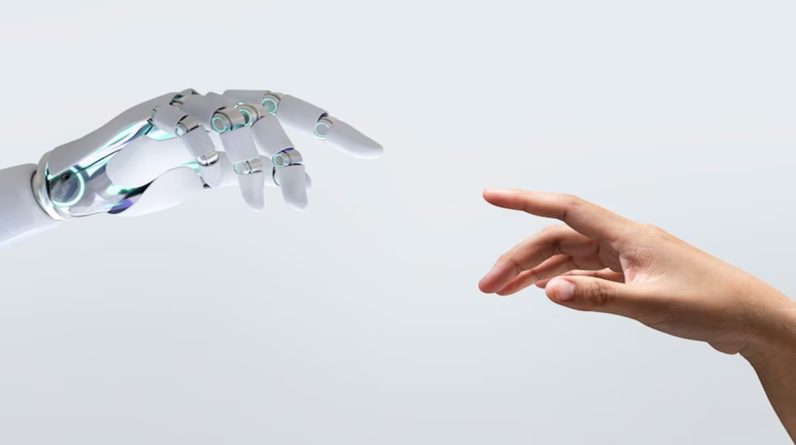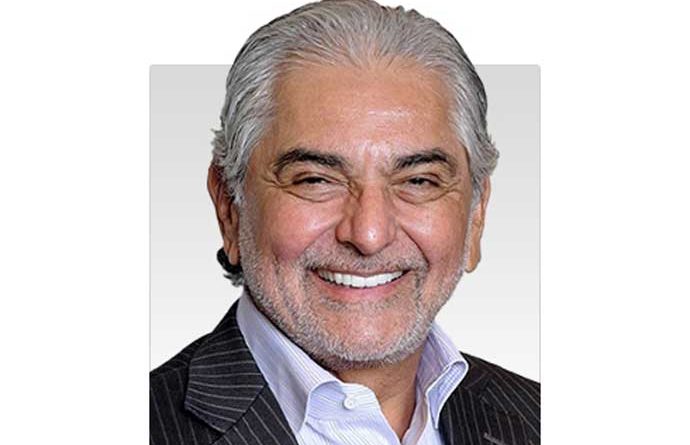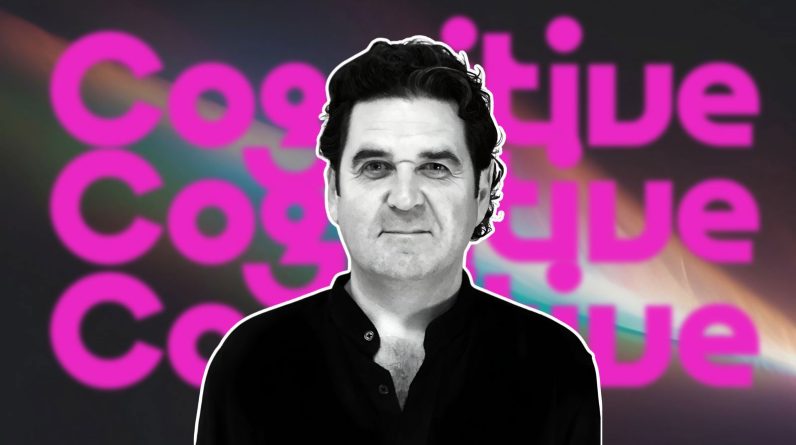Elon Musk’s musings on artificial intelligence (AI) have stirred the public imagination once again. The Tesla magnate hypothesizes that with each passing month, biological intelligence is diminishing. He anticipates a time when biological intelligence will constitute a mere 1% of the intelligence on Earth, with the remaining 99% emanating from digital entities.
Musk expressed concern over the role humans would play once artificial intelligence becomes overwhelmingly predominant. His stance on AI is clear: it should contribute positively to the advancement of human civilization without compromising safety.
During a reflection on the potential consequences of AI, Musk invoked a scene from the iconic movie “2001: A Space Odyssey.” In this film, the AI known as HAL ends the lives of the ship’s crew, an outcome attributed to its conflicting instructions to conceal the truth. Such narrative echoes Musk’s belief that honesty should be instilled in AI development to avoid brutal consequences.
The quest for a cinematic representation where technological progress unequivocally benefits humanity, rather than threatens it, continues. Meanwhile, Musk’s thoughts remind us of the double-edged sword that is AI—capable of immense progress but requiring meticulous stewardship to safeguard the future it paves for us all.
Elon Musk’s concerns about artificial intelligence (AI) have been echoed by many experts and institutions around the world. Musk’s view on AI is that it should be developed responsibly, with a focus on ensuring its benefits outweigh any potential hazards. This perspective is rooted in the idea that uncontrolled AI could become a risk to humanity.
One of the most important questions arising from Musk’s viewpoints is: How can we ensure the safe development of AI such that it remains under human control and aligned with human values? The answers to this question involve multi-faceted strategies, including ethical AI development, regulatory frameworks, and international cooperation to establish AI norms and standards aimed at safety and control.
Key challenges associated with Elon Musk’s view on AI’s future dominance include:
– Ensuring robust AI safety and preventing potential failure modes that could lead to unintended behavior.
– Mitigating ethical concerns about equity, privacy, and fairness as AI becomes more integrated into society.
– Guarding against malicious use of AI, such as in autonomous weapons or for mass surveillance.
The controversy often revolves around the balance between innovation and regulation. Some argue that strict regulations may stifle the growth of beneficial AI technologies. In contrast, others believe that without adequate oversight, AI development could head in undesirable or dangerous directions.
The advantages of AI’s future dominance are potentially vast:
– Acceleration of technological and scientific advancements.
– Improvement in the efficiency and productivity of industries and services.
– Enhancement of quality of life through personalized and accessible AI-driven solutions.
However, there are also significant disadvantages to consider:
– Potential job displacement and economic inequalities may arise from automation.
– Erosion of privacy due to pervasive AI monitoring.
– The possibility of developing AI that may act unpredictably or in conflict with human intentions.
For readers seeking additional information from a primary source, one could visit the official website of Elon Musk’s companies engaged in AI, such as Tesla or Neuralink. For a broader context on the debate over AI, one could consider visiting the website of the Future of Life Institute, Future of Life Institute, which is an organization that Musk has supported in the past to ensure the beneficial use of AI.







